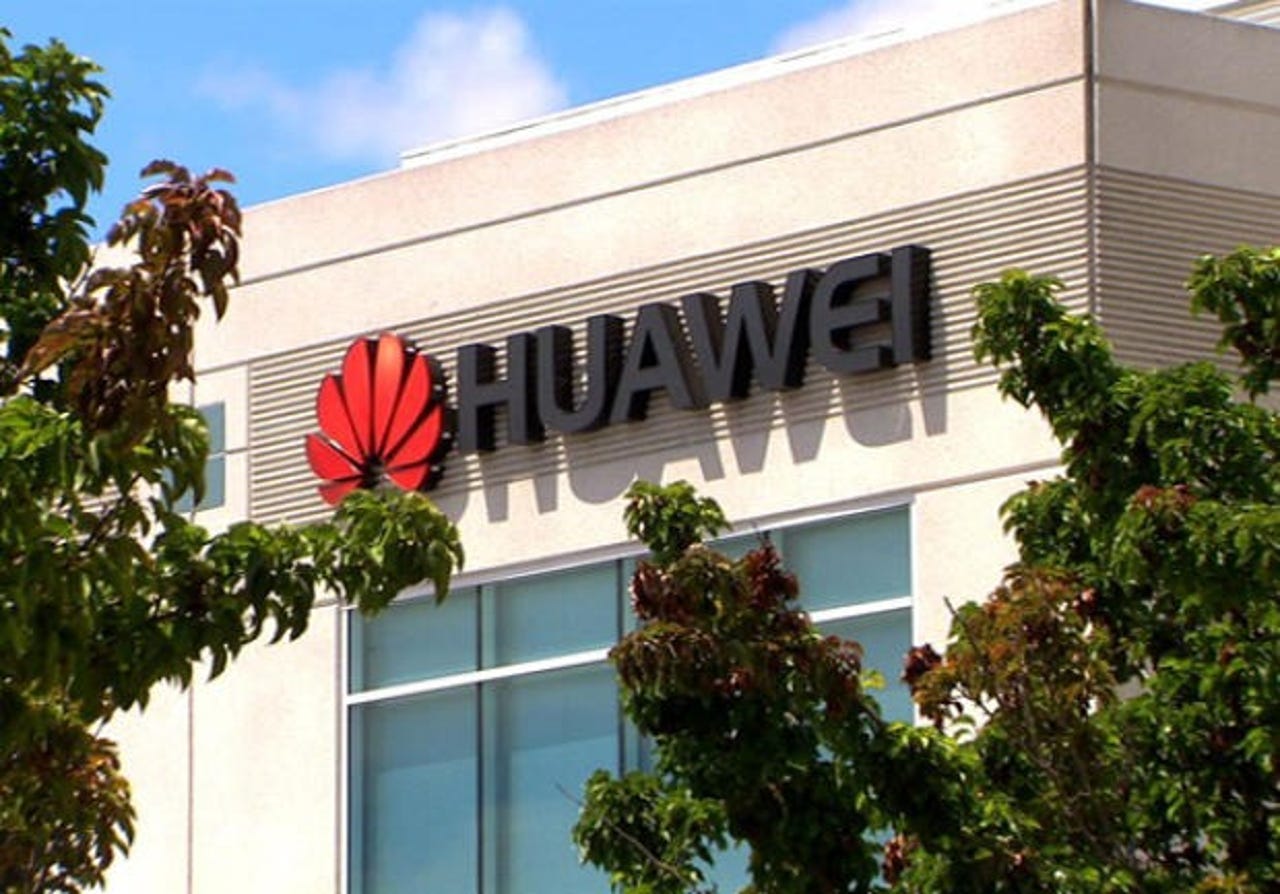Despite U.S. fears of China spying and hacking, U.K. cuddles up to Huawei

The U.S.'s fears over Huawei's relationship with the Chinese government aren't enough to stop the U.K., its closest friend on the world stage, from embracing the networking giant with open arms.
Prime Minister David Cameron defended the U.K.'s decision to let Huawei build a significant chunk of the country's telecommunications infrastructure, claiming the bid was "pro-competitive" and "in the national interest."
Cameron also commented on the country's "very good" cybersecurity defenses, calling its efforts as "one of the most advanced" in the world, according to The Guardian.
Huawei supplies networking gear and technology which routes phone calls and data around the U.K., and around the world. The company works closely with the largest British telecom firm BT to supply switches and other gear to power the country's infrastructure.
Members of the U.S. House of Representatives warned U.S. businesses off Huawei's telecoms and networking equipment. In a committee hearing last year, U.S. lawmakers were left "frustrated" and "unconvinced" by the testimony given by Huawei's top executives.
The allegations made by U.S. politicians highlighted that Huawei founder Ren Zhengfei was a member of the People's Liberation Army.
Other allegations made suggested that Huawei includes backdoors and other deliberate vulnerabilities to allow the Chinese government to conduct espionage on foreign networks.
Huawei strenuously denied the allegations. "While we recognise that there are some benefits associated with the current staffing arrangements for the Cell, these do not, in our opinion, outweigh the risks of Huawei effectively policing themselves," a company report published following the allegations said.
But concerns from across the pond pricked the ears of British politicians, which led to an independent investigation of the U.S.' claims.
Read this
British parliamentarians forced the hand of the government earlier this year to launch an investigation into the company's cybersecurity center in Oxfordshire. The same parliamentary committee on security and intelligence in June said it would review the company's relationship with U.K. telecoms giant BT.
But the U.K., welcoming the company with open arms — and a $2 billion investment — isn't put off by the fears.
The U.K. government is also reportedly ready to clear Huawei's cyber to operate in the country, so long as it promises to abide by tighter rules that would allay spying and hacking concerns — which at any rate is ironic considering the leaks from former U.S. government contractor Edward Snowden lifted the veil on the massive joint U.K.-U.S. surveillance and cyberoperations efforts.
First reported by Reuters on Wednesday, there has been no firm word yet from Downing Street on the matter.
Parliament's intelligence and security committee noted the 22 people employed at the cybersecurity center are all British nationals, and either ex-Government staff, industry experts or recent graduates. But the committee said that GCHQ should be formally tasked to provide audit and validate the work conducted by the staff at the cybersecurity center.
